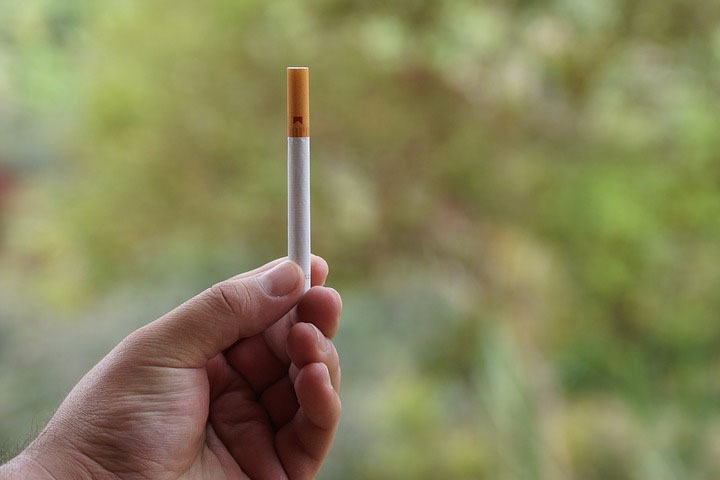Envioronmental Factors Shows 70%-90% of Common Cancers Can Be Avoided
Newest study on Cancer research concludes that most cases of cancer are due to things some people can avoid, rather than to chance or genetics. The researchers in this study suggest that between 70% and 90% of the most common cancers are caused by things in the environment, like toxic chemicals, radiation, and carcinogens like tobacco smoke.
Earlier this year, research in Science proposed that genetic abnormalities produced when stem cells divide are largely responsible for whether cancer develops or not. This gave rise to the assumption that a large number of cancers were beyond peoples control to prevent.
In the new study, doctors from the Stony Brook Cancer Center in New York looked at whether cancer risk rose when people moved from low-cancer-risk areas to areas of high risk, among other things. It was found that changing the environment raised the chances of getting the disease.
Previous studies suggest most cancers are based solely on genetic abnormalities during stem cell division. The more recent study finds the increase in cancer rates points to something in the environment or external factors as the cause of the rise in cancer recently.
“Even if someone is exposed to important external risk factors, of course it isn’t certain that they will develop a cancer — chance is always involved,” says Kevin McConway, professor of applied statistics at The Open University.
“It is important to realize that these results does not tell anything about the absolute risks of any given cancer,” says Paul Pharoah, professor of cancer epidemiology at the University of Cambridge.
“But,” McConway says, “this study demonstrates again that it has to be looked at well beyond pure chance and luck to understand and protect against cancers.”
“For many common types of cancer, this study concludes … roughly speaking, that 70% to 90% [of the cancers] would not occur if people could remove all the risk factors. But this percentage varies between different types of cancer, and in some cancers, it is much smaller, so in certain cases, the external risk factors seem much less important.
“So assume these authors are really claiming that 70% to 90% of all cancers are caused by external risk factors. But it does provide pretty convincing evidence that external factors play a major role in many cancers, including some of the most common,” McConway explains.
Dr Emma Smith, from Cancer Research UK, said: “While healthy habits like not smoking, keeping a healthy weight, eating a healthy diet and cutting back on alcohol are not a guarantee against cancer, they do dramatically reduce the risk of developing the disease.”




 © fucoidanforce.com. All rights reserved.
© fucoidanforce.com. All rights reserved.